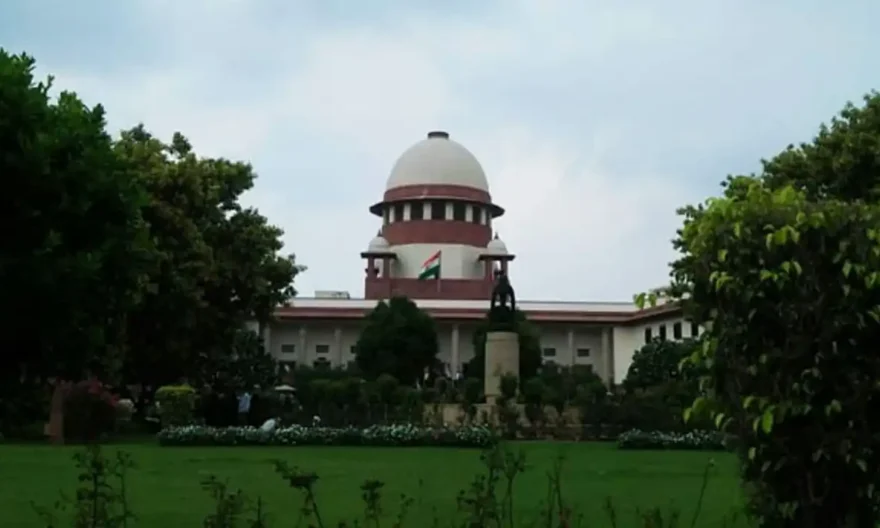
The Supreme Court on Tuesday referred to a 7-judge bench on the issue of reconsidering the correctness of a verdict delivered by a 5-judge bench which said that unstamped arbitration agreements are not enforceable in law.
A 5-judge bench headed by Chief Justice DY Chandrachud passed the order while considering a curative petition in which the matter regarding the need for reconsideration of the 5-judge bench judgment delivered on April 25 this year was raised.
The bench also comprising of justices Sanjay Kishan Kaul, Sanjiv Khanna, B R Gavai, and Surya Kant stated, “Having regard to the larger ramifications and consequences of the view of the majority in NN Global (April verdict) we are of the considered view that the proceedings should be placed before a seven-judge bench to reconsider the correctness of the view of the five-judge bench.”
It stated that the matter would be listed for hearing on October 11.
In its verdict in April this year, a 5-judge bench, by a majority of 3:2 stated, “An instrument, that is exigible to stamp duty, may contain an Arbitration Clause and which is not stamped, cannot be said to be a contract, which is enforceable in law within the meaning of section 2(h) of the Contract Act and is not enforceable under section 2(g) of the Contract Act.”
It stated, “An unstamped instrument, when it is required to be stamped, being not a contract and not enforceable in law, cannot, therefore, exist in law.”
During the hearing, the apex court stated that it was of the view that the matter be placed before a larger bench of seven judges.
The bench observed, “What is happening is now arbitrators across the country are being confronted with a situation where they are being told that look there is an unstamped agreement. Reopen this issue,” adding, “We need to resolve it.”
One of the advocates appearing in the matter stated that the verdict by the 5-judge bench needed reconsideration and the finding that if an agreement is not stamped, it is non-existent, may not be correct.
On July 18, the apex court issued notice on the curative petition and stated it be listed for hearing in the open court.




